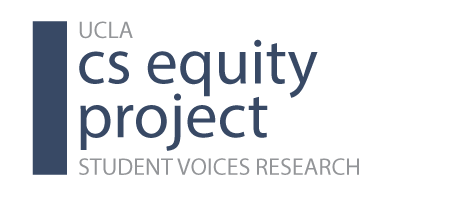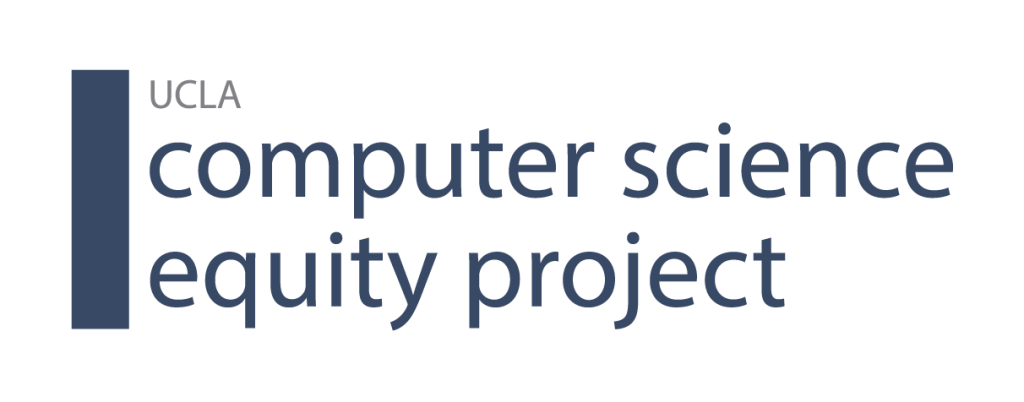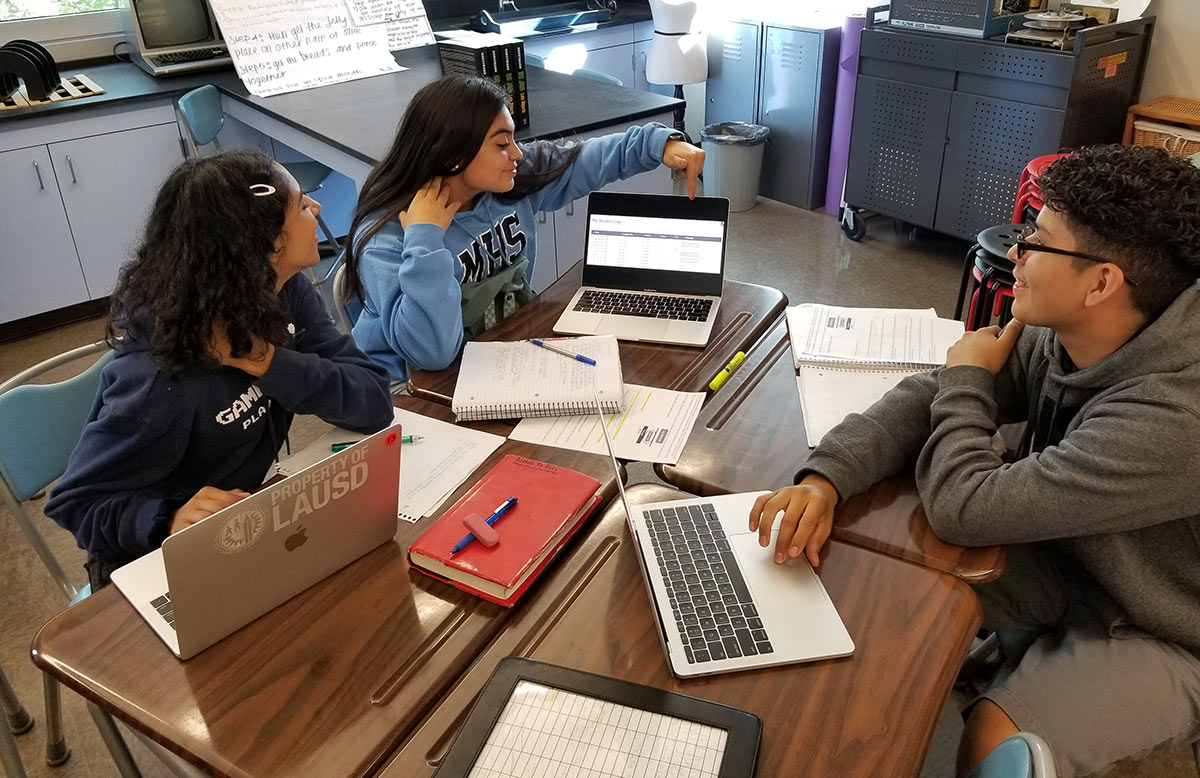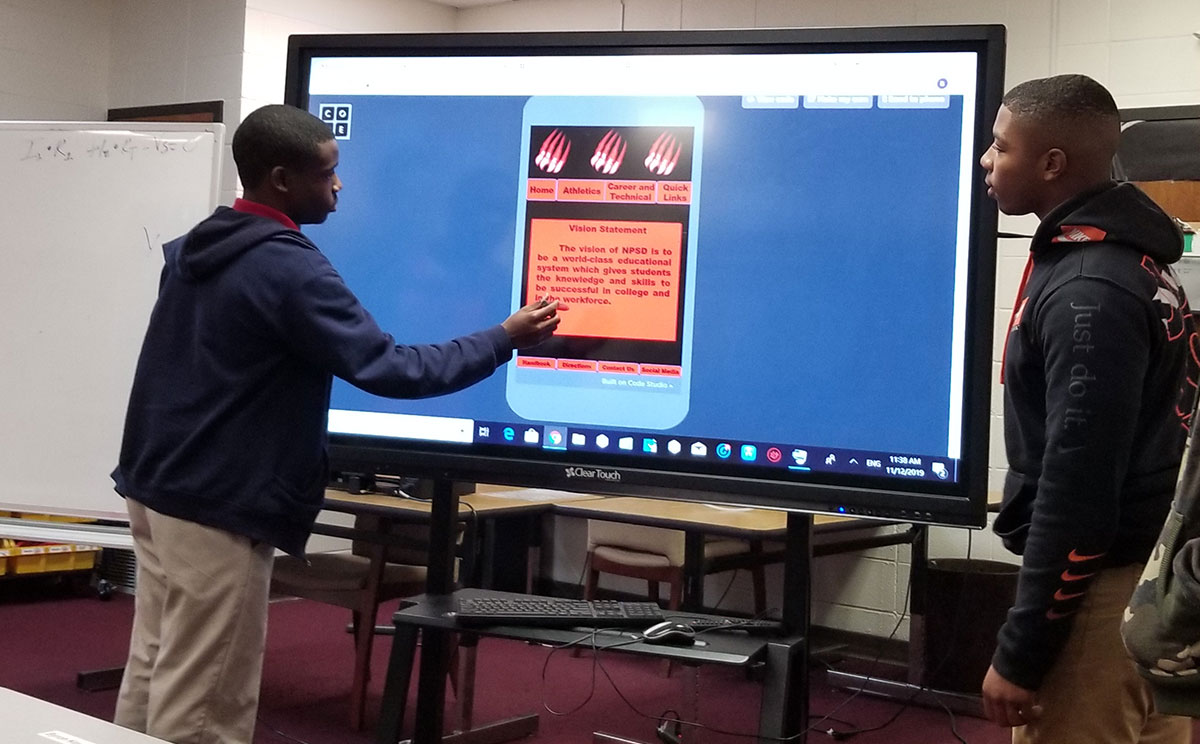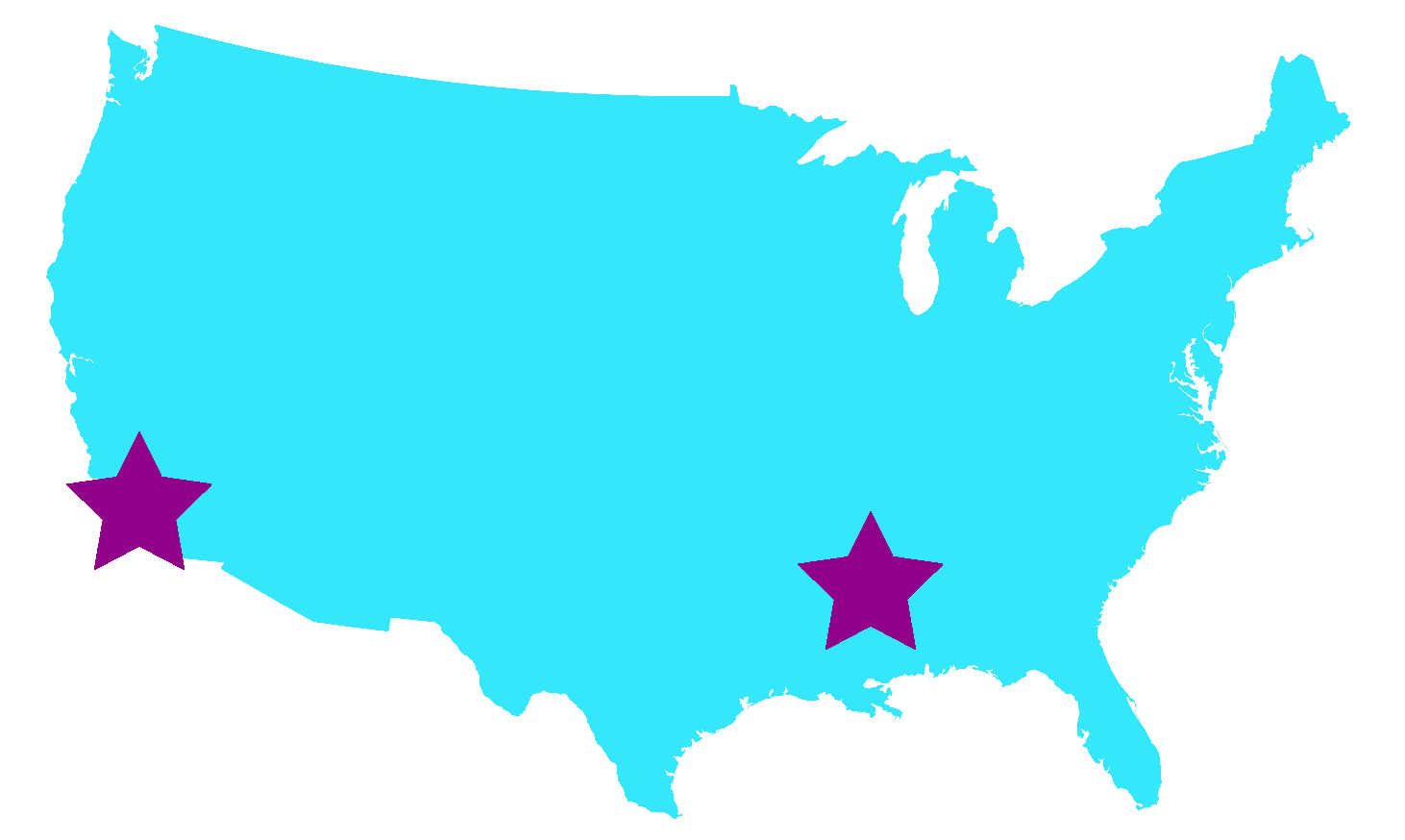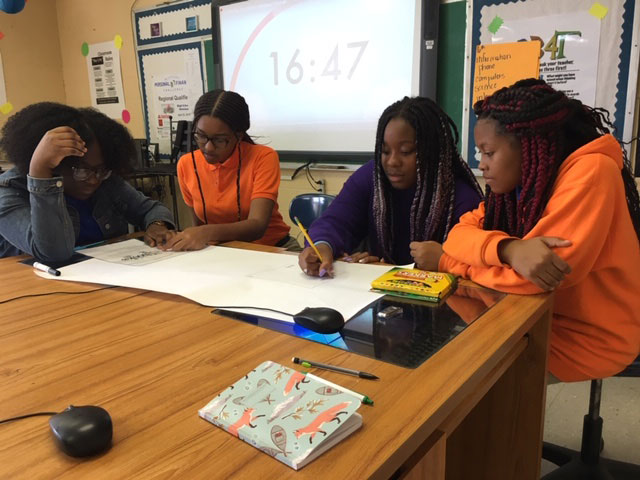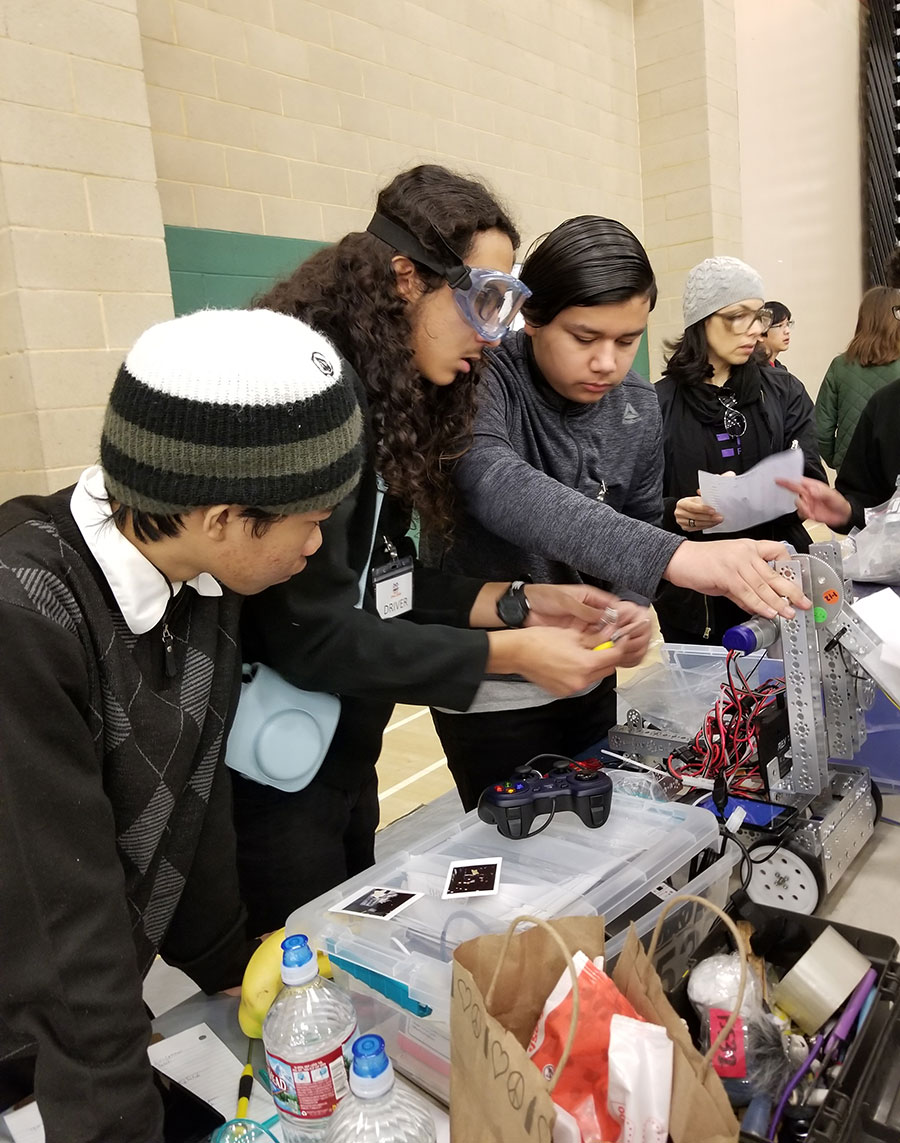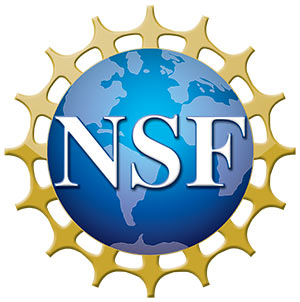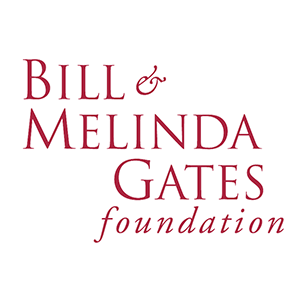REAL-CS Student Voices Project Overview
The mission of our project “Researching Equity, Access, and Learning in CS Education (REAL-CS),” is to highlight the voices and experiences of high school students historically underrepresented in CS who have had little to no prior experience with CS. We are specifically focused on students’ perspectives—that are currently lacking in the CS educational research landscape—to understand their sense of engagement, identity, and agency in computer science contexts that are focused on broadening participation in CS for All, such as Exploring Computer Science and Advanced Placement Computer Science Principles.
We are very inspired by civil rights and math educator Robert Moses (2001) who wrote in his book Radical Equations that only youth can “provide a necessary counter-narrative to the dominant culture that too commonly assumes that these [minoritized] youth don’t care and they don’t want to learn” (p.18). By amplifying traditionally underrepresented students’ voices about what matters most for their CS education pathways, our project will reveal what computer science could really be and do if all students felt a sense of “rightful presence” (Calabrese Barton & Tan, 2019) in the field.
As the Computer Science (CS) for All movement spreads nationwide, it is critical to learn about students’ CS experiences in order to understand if and how historically underrepresented youth in CS—including students of color, low-income students, and young women—are gaining opportunities to feel empowered to pursue CS or incorporate CS into their future learning, personal interests, and/or career pathways. Students are best positioned to tell us what is working or not in terms of their CS engagement, identity, agency, and learning. Our project seeks to amplify their voices to understand: If the world of CS previously felt inaccessible, what helps students feel like they can identify as computer scientists? What student learning experiences allow CS to truly be for all?” We believe that students need a seat at the table in shaping the CSforAll movement.
